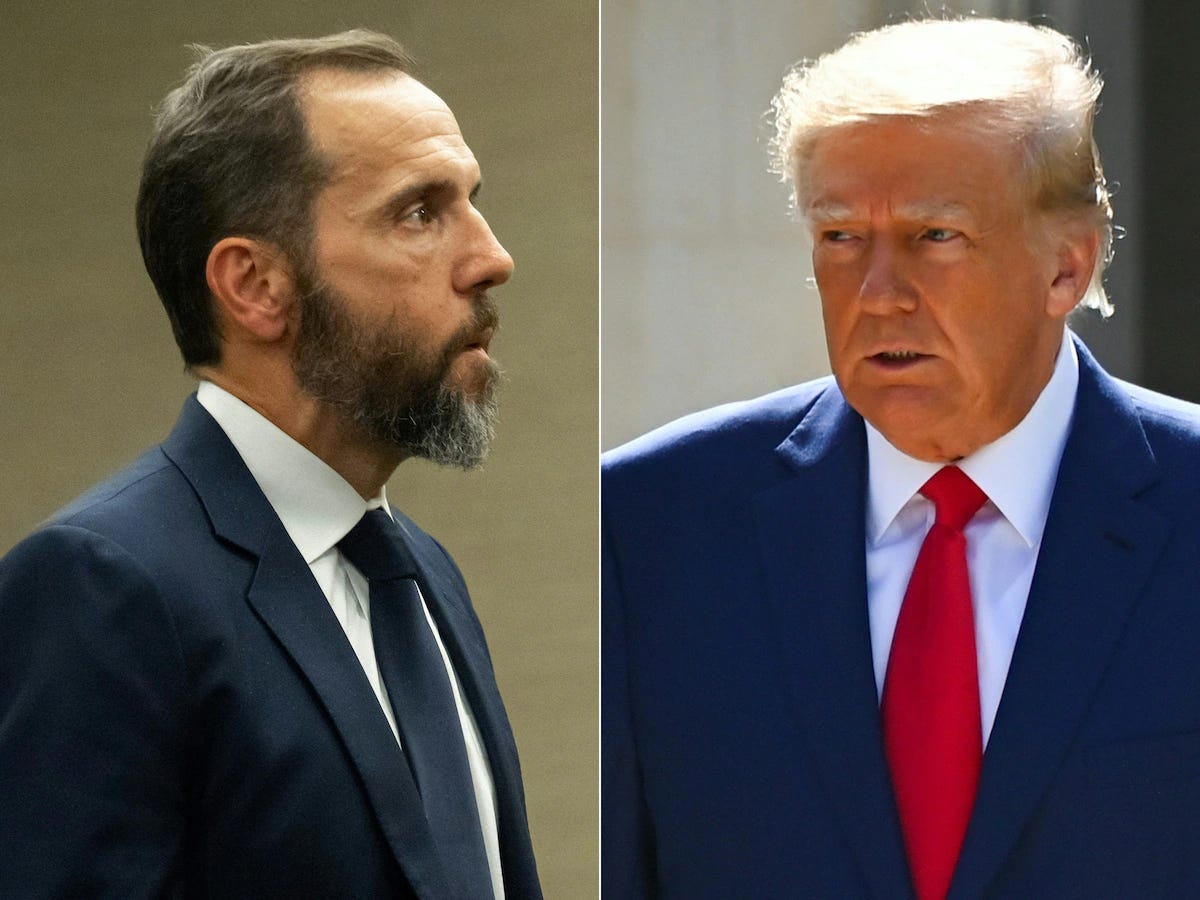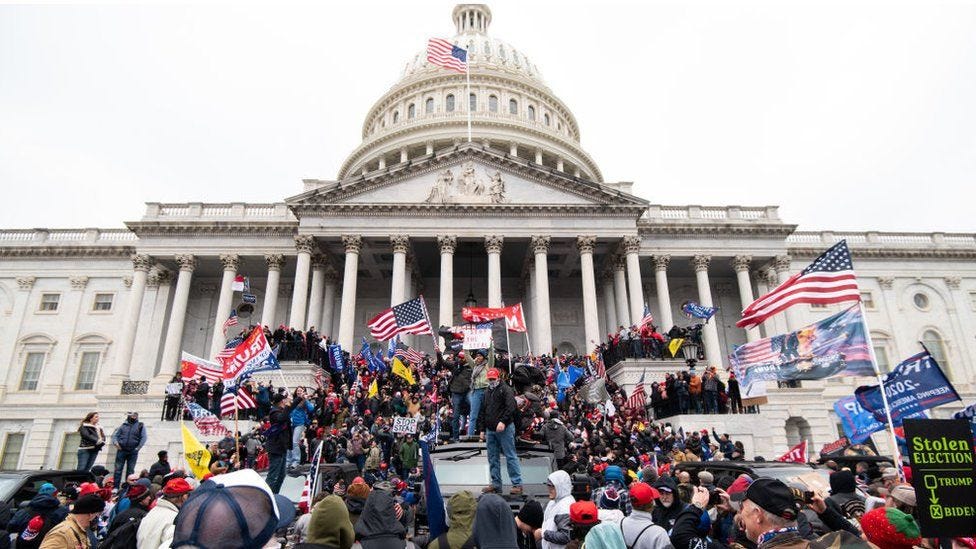Trump's January 6 Federal Election Obstruction Case Dismissed: Special Counsel Cites Presidential Immunity
Trump's Re-Election Alters Legal Landscape: Federal Case Dismissed, State Cases Await Resolution

Introduction: Re-Election Reshapes Prosecution Strategy
Donald Trump’s re-election has fundamentally changed the trajectory of legal cases against him, prompting special counsel Jack Smith to seek the dismissal of the January 6 election obstruction charges and remove Trump from the classified documents appeal. U.S. District Judge Tanya S. Chutkan accepted Smith’s motion, categorically dismissing the federal election interference case. This decision has reignited debates about the politicization of prosecutions and the limits of legal accountability for a sitting president, while highlighting the resilience of state-level cases, such as Trump’s conviction in New York.
Federal Case Dismissal: Legal Constraints in Action
The dismissal of the January 6 case marks a turning point in Trump’s legal battles. Special counsel Jack Smith argued that while the charges against Trump were supported by strong evidence, Department of Justice guidelines prohibited the prosecution of a sitting president. Judge Chutkan accepted this rationale, dismissing the case without prejudice—a legal move that leaves the door open for future prosecution after Trump’s presidency.
Smith’s motion underscored the inherent tension in the case: “The prohibition is categorical and does not turn on the gravity of the crimes charged, the strength of the Government’s proof, or the merits of the prosecution.” The dismissal reflects the unique protections afforded to a sitting president, reigniting debates about whether these safeguards impede justice or uphold democratic stability.
The New York Case: State-Level Accountability
Unlike federal prosecutions, state-level cases operate independently of presidential immunity. Trump’s conviction on 34 felony counts of falsifying business records in New York remains a critical milestone in his legal challenges. However, the sentencing, originally scheduled for November 26, 2024, has been deferred. This delay highlights the complexities of state-level prosecutions against a politically powerful figure.
State cases, which cannot be dismissed based on federal guidelines or executive immunity, represent a distinct avenue for accountability. Yet, the persistent postponement of Trump’s sentencing raises questions about the ability of state courts to navigate political pressures while ensuring justice is served.
JD Vance and the Political Narrative
The political implications of Trump’s prosecutions are underscored by JD Vance’s remark: “If Donald J. Trump had lost an election, he may very well have spent the rest of his life in prison.” Vance’s statement encapsulates the narrative advanced by Trump and his allies—that the legal actions against him were politically motivated and aimed at undermining his political ambitions.
This perspective, however, risks overshadowing the substantive allegations against Trump. While the dismissal of federal cases was driven by procedural limitations, it does not erase the gravity of the charges, which include obstructing an election and mishandling classified documents.
Federal vs. State Cases: A Legal Dichotomy
The divergence between federal and state prosecutions reveals a significant gap in the legal framework governing high-profile cases. Federal cases, constrained by Justice Department policies, are subject to dismissal if the accused holds presidential office. In contrast, state cases, such as the New York trial, proceed independently, holding the potential for legal accountability regardless of Trump’s presidency.
This dichotomy highlights the challenges of prosecuting a former—or current—president. The differing approaches reflect the broader debate over how to balance the principles of justice with the unique responsibilities and protections of the presidency.
Conclusion: A Precarious Precedent in Justice
The dismissal of federal charges and the ongoing delays in state cases against Donald Trump underscore the complexities of pursuing legal accountability for a figure of his stature. While his re-election has shielded him from federal prosecution, state-level cases like the New York conviction offer a glimmer of judicial continuity. Yet, the political overtones of these prosecutions continue to fuel skepticism about their impartiality.
As Trump’s presidency unfolds, the focus will shift to how state courts navigate these legal and political challenges. The outcomes of these cases will shape not only Trump’s legacy but also the evolving relationship between law, politics, and public accountability in the United States.




